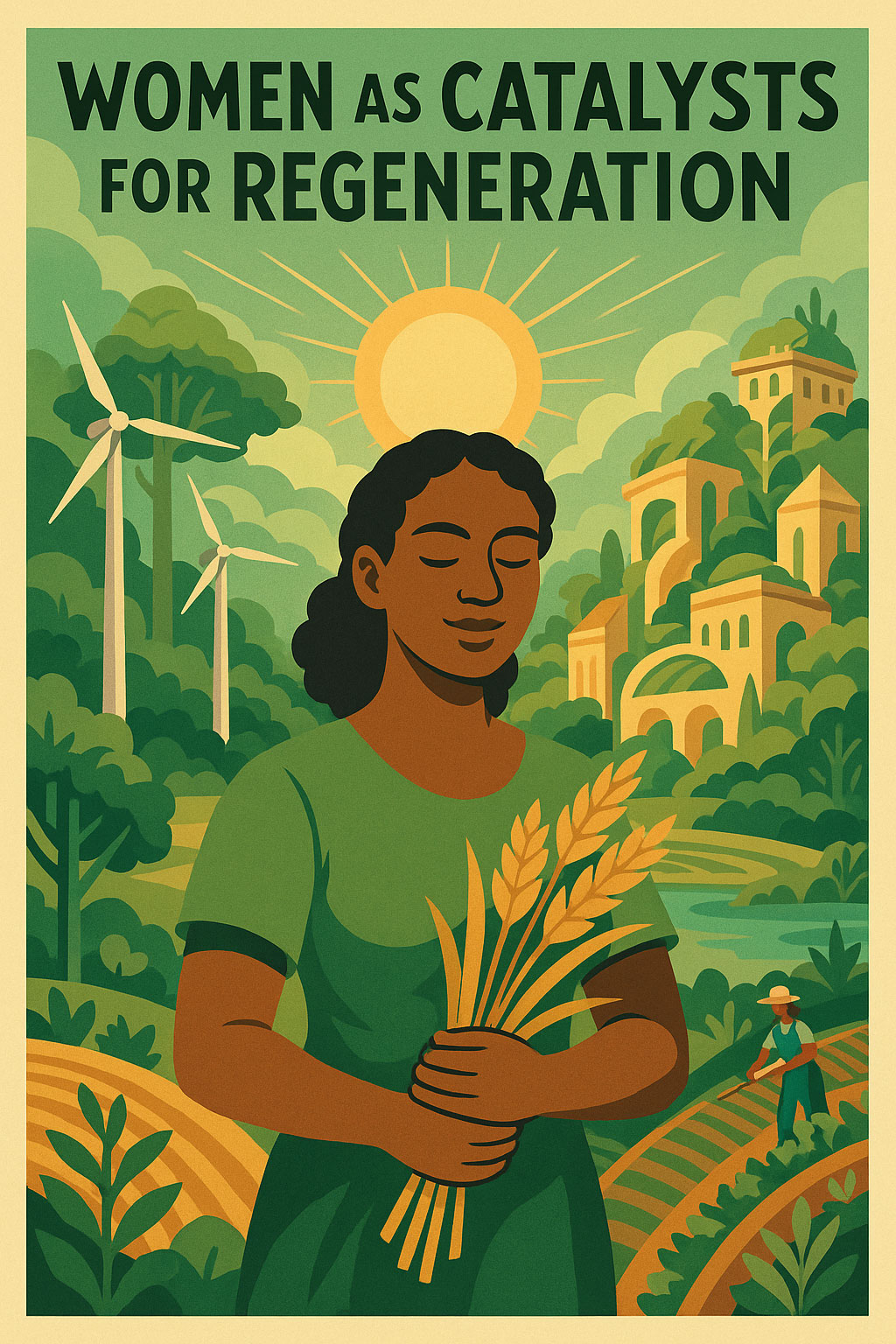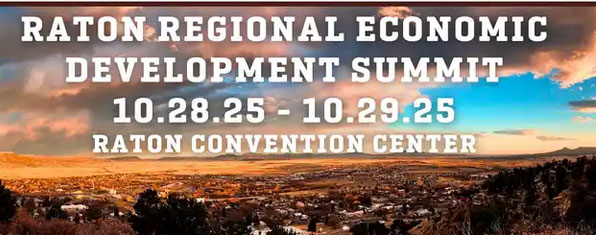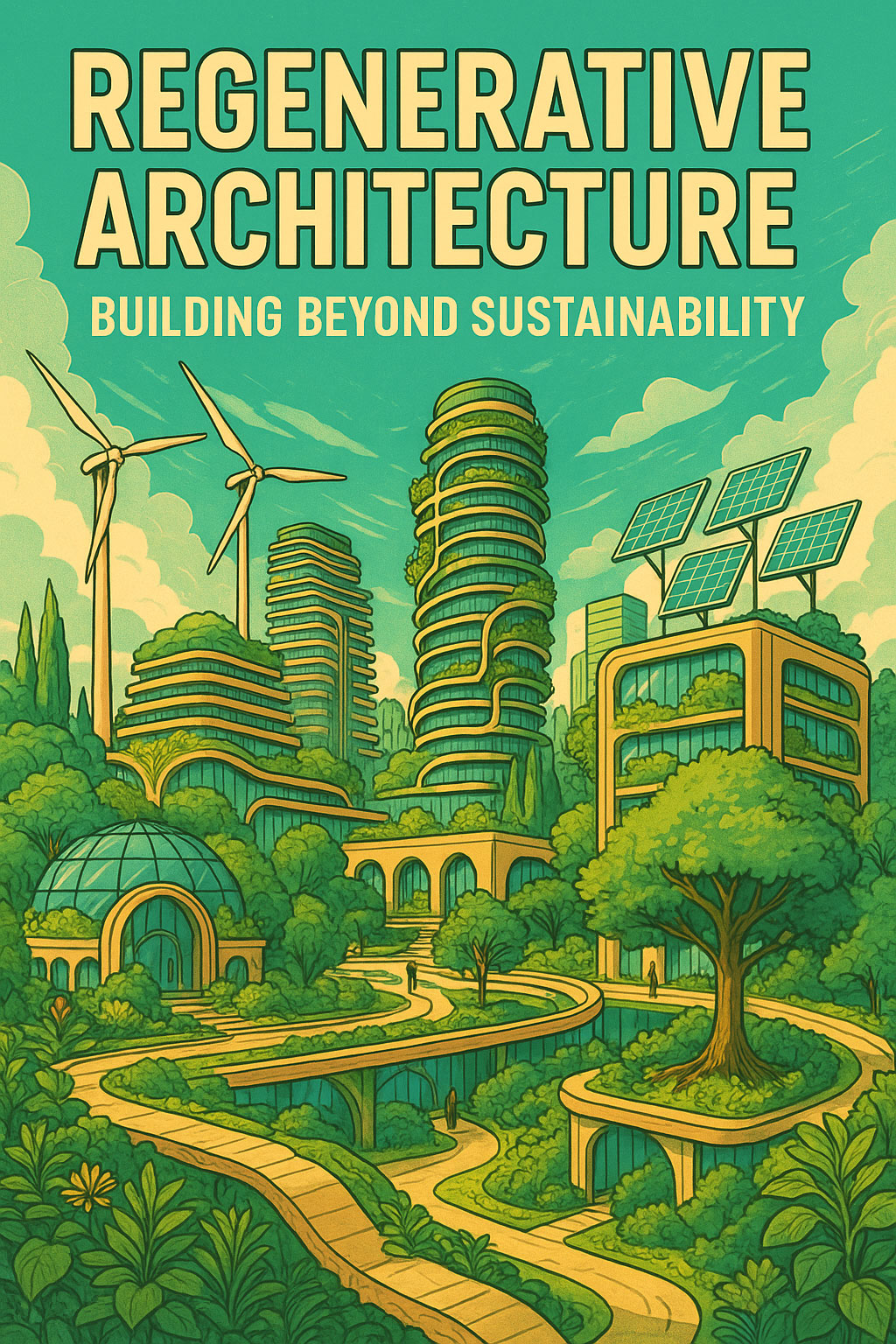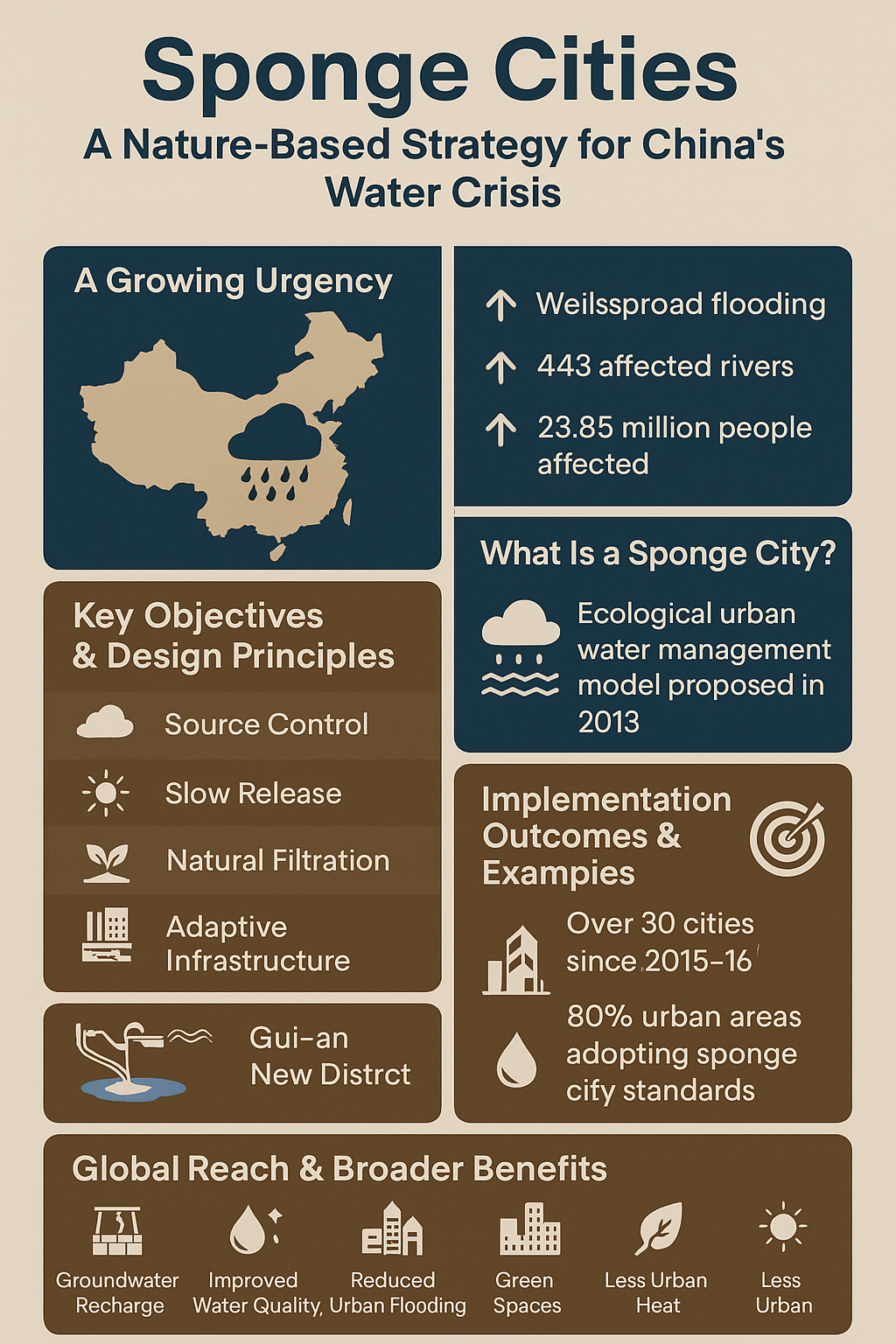Empowering Women: The Regenerative Core of Sustainable Development
Empowering women is not only a moral imperative rooted in justice, dignity, and human rights, it is also one of the most powerful and evidence-based strategies for achieving durable, regenerative transformation across all sectors of human and ecological life. From climate resilience and food security to economic prosperity and peace-building, the data is overwhelming and conclusive: when women are supported, protected, and elevated, entire societies thrive; culturally, environmentally, and economically.
At Pangea, we hold this principle as sacred. We build off-grid, resilient homes and communities, but our foundation is deeper than walls or solar systems, it begins with equity. And that equity must center women, not as beneficiaries of aid, but as designers, leaders, cultivators, and protectors of the future we all share.
Regenerative design, as we define it, is not only about restoring landscapes and closing loops of energy and material. It is about healing the relationships that sustain life: between humans and nature, and among each other. This healing must begin with the rebalancing of power, opportunity, and voice—and that begins by confronting centuries of exclusion and recognizing women as the keystone species in human progress.
Around the world, studies consistently affirm that gender equity is a force multiplier, catalyzing improvement in education, health, infrastructure, governance, and ecological stewardship. Entire villages experience dramatic reductions in poverty when women are given access to land or microloans. Communities become more resilient to drought and natural disaster when women lead water management and food systems. Children live longer, safer lives when mothers are educated. Conflict zones see more enduring peace when women are seated at the negotiation table.

This is not abstract idealism, it is measurable, reproducible, and globally observed. According to the World Bank, when women have equal access to the labor force, global GDP could rise by over $28 trillion. According to the UN Food and Agriculture Organization, if women farmers had the same access to resources as men, 150 million more people could be fed. According to Project Drawdown, educating girls and providing access to reproductive health services is one of the top 10 most effective climate change solutions on Earth.
And these are just the measurable benefits. The qualitative and cultural dimensions of empowered women are even more profound. Women in leadership often govern with greater collaboration, empathy, and long-term vision. They reinvest up to 90% of their income back into their families and communities, compared to 30–40% for men. They are more likely to advocate for public goods, like healthcare, education, and clean water. They are more likely to protect nature, to grow food ecologically, and to pass down cultural traditions of reciprocity and stewardship. They are more likely to listen, and to be listened to, once empowered.
In regenerative building, this translates into concrete design choices. It means sourcing materials in ways that do not exploit female labor. It means designing homes and infrastructure that serve the real daily needs of women, like safe water access, child-rearing space, natural light for craft and care work, and dignity in hygiene. It means designing systems that don’t just reduce harm but actively restore, and that restoration begins with those who have been most harmed by extractive economies.
At Pangea, this commitment informs every layer of our work: from who we hire and train, to how we engage communities in the design process, to how we frame education in the Pangea Academy. We seek to build spaces and systems where women are not simply consulted, but are co-authors of the regenerative future.
This is not charity. This is strategy. This is how we win—in climate, in equity, in peace, and in permanence.
Because if sustainability is about survival, regeneration is about thriving, and women, when given the tools and space, are the most powerful force we have for thriving together on this planet.
1. Resource Stewardship and Sustainability
When women are given access to education, land, and reproductive healthcare, they make decisions that conserve resources and sustain communities.
-
The United Nations Population Fund (UNFPA) reports that educated women choose smaller, healthier families, which reduces strain on local ecosystems and infrastructure.
📚 UNFPA State of World Population Report, 2023
-
A 2020 Lancet study found that investing in reproductive autonomy is one of the most powerful levers for long-term climate resilience.
📚 Vollset et al., The Lancet, 2020
2. Climate Resilience and Environmental Leadership
Women are disproportionately impacted by climate change, yet are often frontline leaders in ecological preservation and adaptation.
-
Project Drawdown ranks “Educating Girls” among the top 10 climate solutions globally for its generational impact on greenhouse gas emissions.
📚 The Drawdown Review (2020)
-
Studies by UN Women and UNDP show that women-led conservation programs have higher success rates in biodiversity protection, forest management, and sustainable agriculture.
📚 UN Women/UNDP Joint Report on Gender and Climate Change, 2021
3. Economic Prosperity and Community Stability
Women reinvest significantly more of their income into their families and communities than men do—up to 90% versus 30–40%.
-
The World Bank estimates that closing gender gaps in labor and productivity could boost global GDP by $28 trillion by 2025.
📚 Women, Business and the Law Report, 2018
-
According to McKinsey Global Institute, advancing gender equality delivers broad-based economic growth and resilience.
📚 “The Power of Parity,” McKinsey, 2015
4. Food Security and Agricultural Productivity
Women produce over 50% of the world’s food but often lack access to land, credit, and agricultural tools.
-
The Food and Agriculture Organization (FAO) reports that if women had equal access to resources, yields could rise by 20–30%, feeding an additional 150 million people globally.
📚 The State of Food and Agriculture: Women in Agriculture, FAO, 2011
🔗 fao.org
5. Peacebuilding and Inclusive Governance
Gender-inclusive leadership leads to longer-lasting peace and better governance outcomes.
-
A UN Women study found that peace agreements involving women are 35% more likely to last at least 15 years.
📚 UN Women, “Preventing Conflict, Transforming Justice,” 2015
-
Research by Caprioli (2005) shows that higher gender equality correlates with lower levels of civil conflict and stronger democratic institutions.
📚 “Primed for Violence,” Journal of Peace Research
Women as Catalysts for Regeneration
At Pangea, we don’t just design buildings, we cultivate systems. We don’t simply install solar panels or dig swales, we restore relationships: between people and land, between ancestors and descendants, between what is broken and what can be whole again. That’s what regenerative work means to us. And at the heart of this work, beating strong and steady, are women.
To build a regenerative future, one that is not only resilient but abundant, equitable, and rooted in care, we must center those who have been pushed to the margins of industrial society. Women have long borne the burdens of extraction: unpaid care work, environmental degradation, systemic poverty, and cultural erasure. And yet, again and again, it is women who emerge as the architects of healing.
When women lead, something profound happens:
-
Systems begin to heal.
-
Communities become cohesive.
-
Resources are stewarded rather than depleted.
-
The future becomes not just possible, but desirable.
This is not a metaphor. Around the world, projects led by women demonstrate higher success rates in food production, education, health, peacebuilding, and environmental protection. The data aligns with the stories: when women are given a platform to lead, they tend to think holistically, act collectively, and plan for generations rather than quarters. They know that true wealth is measured in nutrient cycles, trust networks, and children’s laughter, not merely profit margins or utility bills.
At Pangea, this belief is not a marketing slogan. It’s our design logic.
We place women at the center of our process, from the blueprint to the harvest. That means:
-
Hiring women builders, masons, and solar techs—breaking stereotypes and building skills.
-
Collaborating with women-led farms and food systems, recognizing their deep expertise in soil and sustenance.
-
Engaging matriarchs and mothers in community visioning, honoring the lived knowledge of care and resilience.
-
Designing housing that addresses the real-world needs of women: safety, privacy, light, communal space, and access to water, food, and medicine.
-
Creating education systems like the Pangea Academy, where girls and women learn regenerative systems thinking, alongside boys and men, as full equals and future leaders.
We reject the false binary that says development must be either efficient or equitable, high-tech or people-powered. True regeneration is all of the above. And by centering women, we create systems that are not only more humane but also more functional, more resilient, and more beautiful.
This approach does not diminish the role of men, instead, it invites balance. It invites men to show up not as dominators but as allies and collaborators, to contribute their strength to systems that are inclusive, rooted, and wise.
Because regeneration isn’t just about solar energy or passive cooling. It’s about the reanimation of culture, the restoration of dignity, and the reweaving of a future that our grandchildren can be proud of. It’s about putting the right people in the right places to do the right work. And again and again, across every continent and climate zone, that means putting women at the center.
Let us be clear: when women thrive, the land thrives.
When women are empowered, families flourish.
When women are included, peace endures.
When women lead, life regenerates.
And so at Pangea, we choose to design and build as if that were not only true, but foundational. Because it is.







Leave A Comment